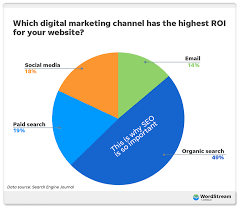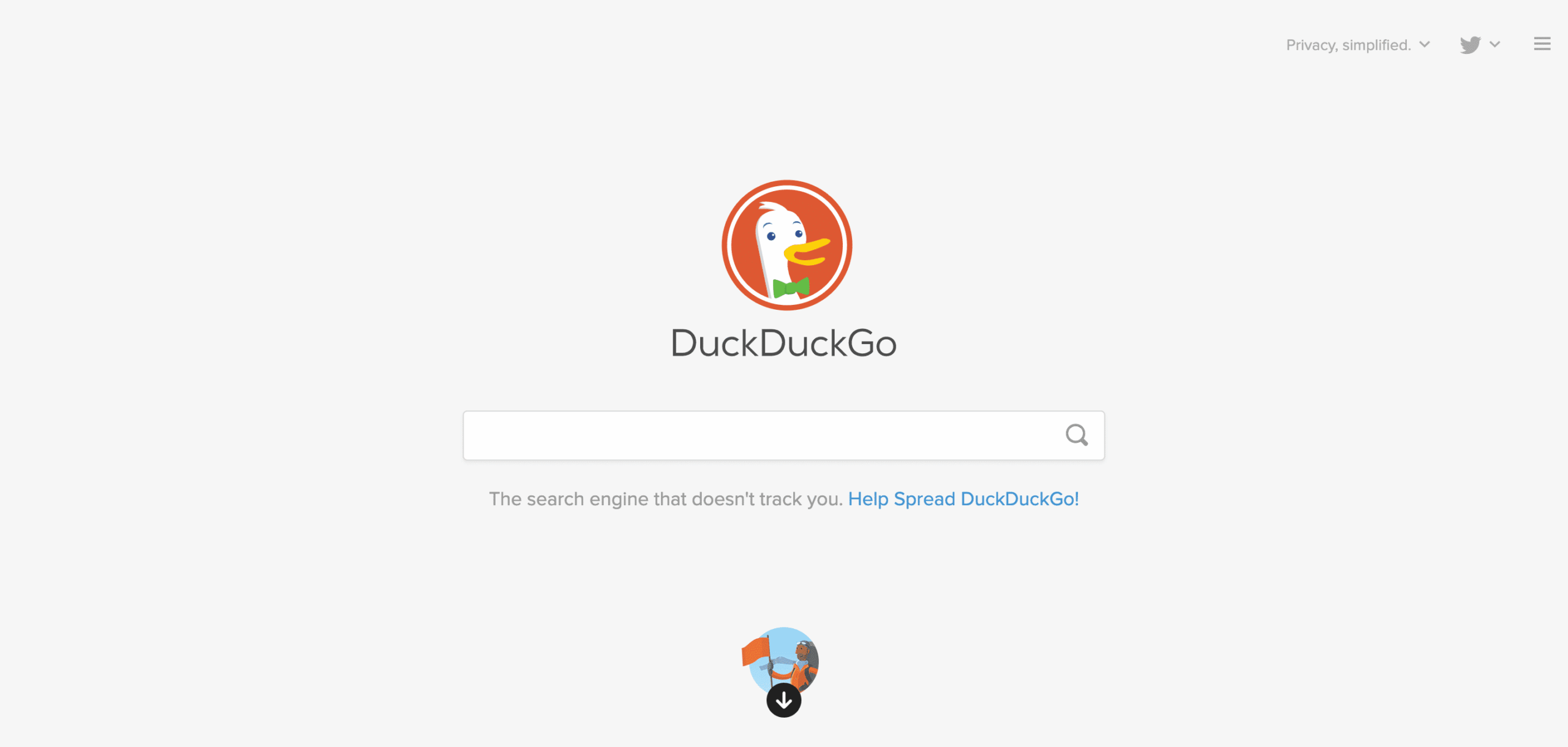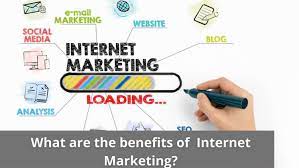Unlocking the Power of Search Engine Ranking Keywords
The Importance of Search Engine Ranking Keywords
In the world of digital marketing, search engine ranking keywords play a crucial role in determining the visibility and success of a website. These keywords are the phrases or terms that users type into search engines when looking for information, products, or services. By strategically incorporating relevant keywords into website content, businesses can improve their search engine rankings and attract more organic traffic.
How Search Engine Ranking Keywords Work
Search engines use complex algorithms to determine the relevance of web pages to a user’s search query. Keywords help search engines understand the content and purpose of a webpage, making it easier for them to match relevant pages with user queries. Websites that effectively incorporate high-quality keywords are more likely to appear at the top of search engine results pages (SERPs), increasing their visibility to potential customers.
Choosing the Right Keywords
Effective keyword research is essential for identifying the terms and phrases that are most relevant to your target audience. By understanding the search intent behind specific keywords, businesses can create content that addresses users’ needs and interests. It’s important to choose keywords that have a balance between search volume (popularity) and competition (difficulty), ensuring that your website has a chance to rank well for those terms.
Optimising Website Content
Once you have identified your target keywords, it’s crucial to optimise your website content accordingly. This includes incorporating keywords naturally into page titles, headings, meta descriptions, and body text. Avoid keyword stuffing – the practice of overloading content with irrelevant or excessive keywords – as this can harm your site’s credibility with both users and search engines.
Monitoring Performance
Regularly monitoring keyword performance is key to understanding how well your website is ranking in search results. Tools like Google Analytics and Google Search Console provide valuable insights into which keywords are driving traffic to your site and how your pages are performing in SERPs. By analysing this data, businesses can make informed decisions about adjusting their SEO strategies to improve rankings.
Conclusion
Search engine ranking keywords are a fundamental aspect of SEO that can significantly impact a website’s visibility and traffic. By conducting thorough keyword research, optimising website content, and monitoring performance regularly, businesses can enhance their online presence and attract more visitors through organic search. Investing time and effort into effective keyword strategy is essential for staying competitive in today’s digital landscape.
Top 8 Advantages of Search Engine Ranking Keywords for Boosting Online Presence
- 1. Enhances online visibility by improving search engine rankings.
- 2. Drives targeted organic traffic to your website.
- 3. Helps attract potential customers who are actively searching for your products or services.
- 4. Increases brand credibility and trustworthiness through higher search engine rankings.
- 5. Provides valuable insights into user search behaviour and preferences.
- 6. Enables better understanding of customer needs and interests through keyword analysis.
- 7. Supports effective content marketing strategies by guiding content creation around relevant keywords.
- 8. Allows for continuous optimisation and refinement of SEO efforts based on keyword performance.
Challenges of Search Engine Ranking Keywords: Overuse, Competition, and Algorithm Changes
- Keyword saturation can lead to unnatural-sounding content that may deter users.
- Highly competitive keywords can be difficult to rank for, especially for new websites.
- Search engine algorithms frequently change, requiring constant keyword monitoring and adjustment.
1. Enhances online visibility by improving search engine rankings.
By strategically utilising search engine ranking keywords, businesses can significantly enhance their online visibility by improving their search engine rankings. By incorporating relevant and high-quality keywords into website content, businesses increase the likelihood of their web pages appearing at the top of search engine results pages (SERPs). This enhanced visibility not only attracts more organic traffic but also ensures that the website is more easily discoverable by potential customers searching for products or services related to those keywords. Ultimately, improving search engine rankings through effective keyword usage is a powerful way to boost online visibility and reach a wider audience in the digital landscape.
2. Drives targeted organic traffic to your website.
One significant advantage of utilising search engine ranking keywords is their ability to drive targeted organic traffic to your website. By strategically incorporating relevant keywords into your content, you can attract users who are actively searching for products or information related to your business. This targeted approach ensures that the traffic directed to your site is more likely to convert into leads or customers, ultimately boosting the effectiveness of your online presence and increasing the potential for business growth.
3. Helps attract potential customers who are actively searching for your products or services.
By utilising search engine ranking keywords effectively, businesses can attract potential customers who are actively seeking their products or services. By strategically incorporating relevant keywords into website content, businesses increase the likelihood of their websites appearing at the top of search engine results pages when users search for related terms. This targeted approach ensures that businesses can reach an audience that is already interested in what they offer, leading to higher quality leads and improved conversion rates.
4. Increases brand credibility and trustworthiness through higher search engine rankings.
By utilising search engine ranking keywords effectively, businesses can enhance their brand credibility and trustworthiness by achieving higher rankings in search engine results. When a website consistently appears at the top of search results for relevant keywords, it signals to users that the site is authoritative and trustworthy in its industry. This increased visibility not only boosts brand recognition but also instils confidence in potential customers, leading to more clicks, visits, and conversions. Ultimately, a strong search engine presence built on targeted keywords can establish a brand as a reliable and reputable source within its market niche.
5. Provides valuable insights into user search behaviour and preferences.
By utilising search engine ranking keywords effectively, businesses can gain valuable insights into user search behaviour and preferences. By analysing the keywords that users are using to discover their website, businesses can better understand what their target audience is looking for online. This information allows companies to tailor their content and marketing strategies to align with user interests, ultimately improving user engagement and driving more relevant traffic to their site. Understanding user search behaviour through keyword analysis is a powerful tool in creating a more personalised and effective digital marketing approach.
6. Enables better understanding of customer needs and interests through keyword analysis.
By utilising search engine ranking keywords, businesses can gain valuable insights into their customers’ needs and interests through in-depth keyword analysis. By identifying the specific terms and phrases that users are searching for, companies can better understand what their target audience is looking for online. This enables businesses to tailor their content and offerings to align with customer preferences, ultimately improving user experience and increasing the likelihood of attracting relevant traffic to their website. Through keyword analysis, businesses can uncover valuable information about customer behaviours and trends, allowing them to make informed decisions that meet the evolving needs of their audience.
7. Supports effective content marketing strategies by guiding content creation around relevant keywords.
Supporting effective content marketing strategies, search engine ranking keywords play a pivotal role in guiding content creation around relevant topics and phrases. By aligning content with high-performing keywords, businesses can ensure that their online material resonates with their target audience and is more likely to rank well in search engine results. This strategic approach not only enhances the visibility of the content but also increases the chances of attracting organic traffic from users actively searching for information related to those keywords. Ultimately, incorporating search engine ranking keywords into content marketing efforts can lead to improved engagement, higher conversion rates, and a stronger online presence for businesses seeking to maximise their digital impact.
8. Allows for continuous optimisation and refinement of SEO efforts based on keyword performance.
One significant advantage of utilising search engine ranking keywords is the ability it provides for continuous optimisation and refinement of SEO strategies based on keyword performance. By closely monitoring how specific keywords are performing in search results, businesses can gather valuable insights into what resonates most with their target audience. This data-driven approach enables them to adapt and adjust their SEO efforts in real-time, ensuring that their website remains competitive and relevant in the ever-evolving digital landscape.
Keyword saturation can lead to unnatural-sounding content that may deter users.
Keyword saturation in content can be a significant drawback of search engine ranking keywords. When keywords are excessively used to the point of saturation, the content can sound forced and unnatural, which may deter users from engaging with the material. Overloading content with keywords not only compromises the readability and quality of the text but also diminishes the user experience. Users are more likely to be put off by content that feels contrived or spammy, ultimately impacting a website’s credibility and driving potential visitors away. Striking a balance between optimising for keywords and maintaining natural, user-friendly content is crucial to avoid this con of keyword saturation.
Highly competitive keywords can be difficult to rank for, especially for new websites.
In the realm of search engine optimisation, one significant drawback is the challenge posed by highly competitive keywords. For new websites aiming to establish their online presence, trying to rank for these popular keywords can be an uphill battle. The intense competition from established websites with strong authority and backlinks can make it exceedingly difficult for new players to break through and secure top positions in search engine results. As a result, newer websites often face a daunting task in competing for visibility against more established competitors when targeting highly competitive keywords.
Search engine algorithms frequently change, requiring constant keyword monitoring and adjustment.
One significant drawback of search engine ranking keywords is the ever-changing nature of search engine algorithms. Search engines like Google frequently update their algorithms to improve user experience and provide more relevant search results. This constant evolution means that businesses must continuously monitor and adjust their keyword strategies to stay competitive and maintain their search engine rankings. Failing to adapt to algorithm changes can result in a drop in visibility and organic traffic, highlighting the importance of staying vigilant and flexible in keyword selection and optimisation efforts.



